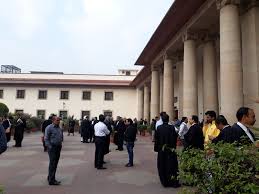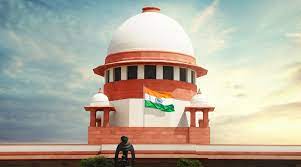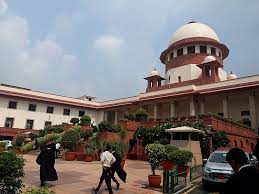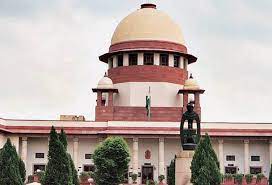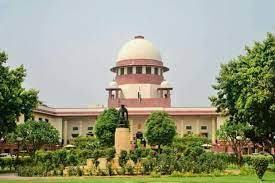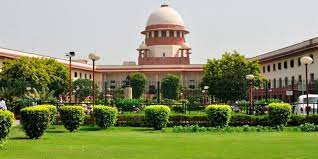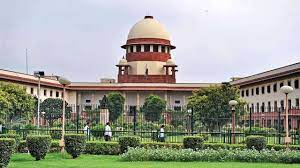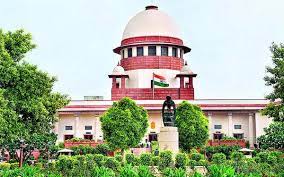
08-09-2015 - Supreme Court of India
HELD - SECTION 164, CRIMINAL PROCEDURE CODE - During the investigation of any crime the complainant , accused witnesses or anybody else cannot request the Magistrate for his statement being recorded u/s 164 Cr.P.C . Only investigating officer is empowered in law to move an application to the magistrate for recording of statements of the witnesses , accused or of any other person u/s 164 Cr.P.C
View Judgment
